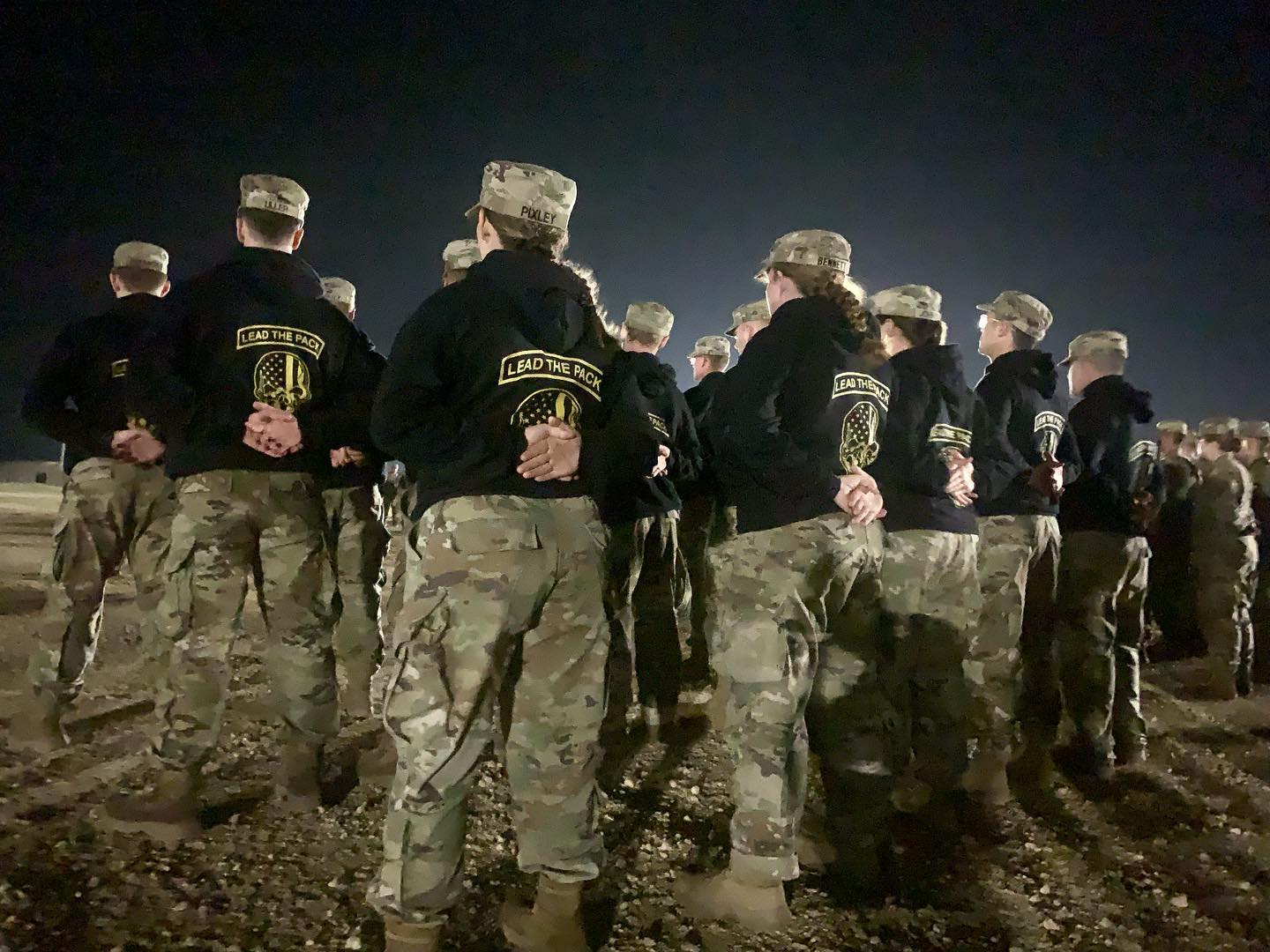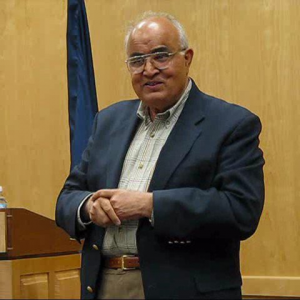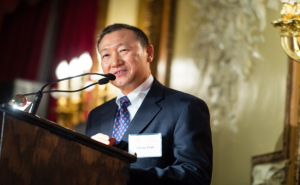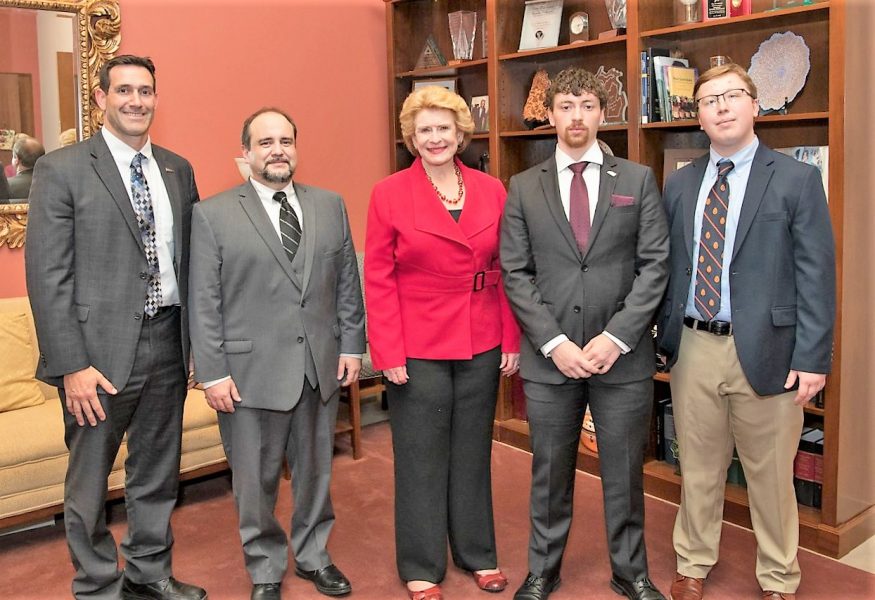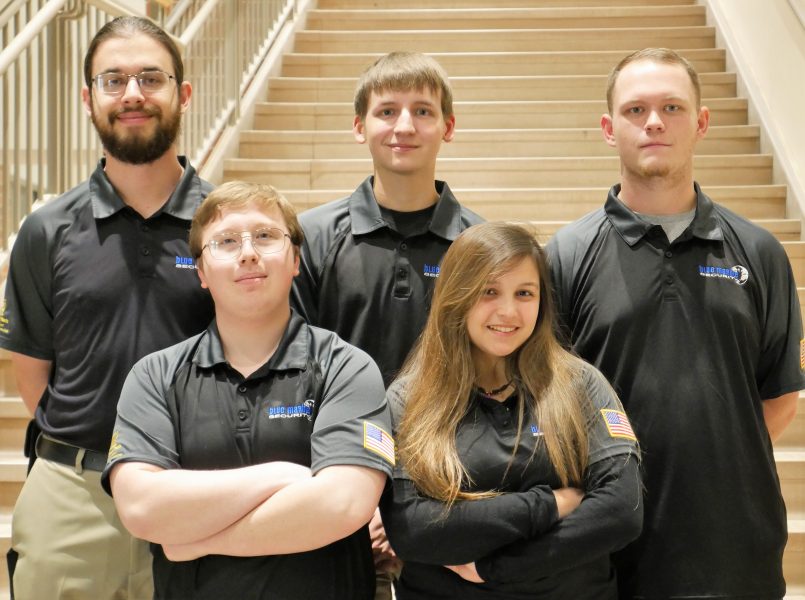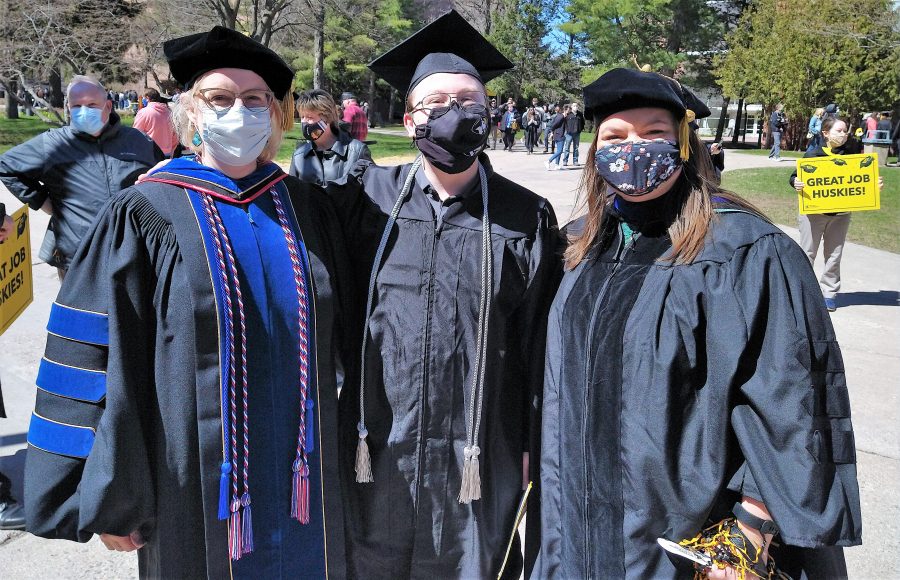
Third-year Michigan Tech marketing student Jaxon Verhoff has received four internship offers from industry-leading companies—General Motors, Kimberly Clark, Caterpillar, and Dow Chemical.
“My offers are due in large part to the opportunities the College of Business has made available to me,” Verhoff says. Some of the most valuable career-shaping experience, he says, has been interacting with alumni, student organization activities and competitions, projects, and technology incorporation into curriculum.
While all four companies would offer valuable marketing internship experience, Verhoff settled on Dow Chemical, where he’ll serve as a digital marketing analyst intern, because of its proximity to his hometown of Appleton, Wisconsin. His top internship goal? Soaking in all that working at a large company has to offer.
“I am going to have the opportunity to meet and interact with many people company-wide, so I will be asking questions and learning from professionals.”

In addition, Verhoff will have his hand in projects, getting to apply and build upon classroom knowledge.
Verhoff participated in Michigan Tech’s Career Fairs to gain the internship opportunities. In fall 2020, he met virtually with as many companies as possible to get his name out there. By fall of this year, he met again with some of the same recruiters who remembered him and were able to track his personal and professional growth.
“Jaxon has followed our success formula. He has continued to apply for an internship until he gets it.”

Long term, Verhoff is after a sense of career fulfillment. The people he surrounds himself with, the company culture he immerses himself in, and the projects he leads, he says, all lend themselves toward the feeling of making a difference, making an impact—that he’s ultimately looking to achieve. “Success and a great salary are important, but feeling fulfilled is what’s most important to me,” he adds.
Before he heads off to Dow, Verhoff, who is a senior residential assistant, is eager to continue working toward goals as president of the American Marketing Association group on campus. “We are developing meaningful connections with industry professionals, faculty, and students, while deepening our digital marketing skills through data analysis, case studies, and competitions.”
About the College of Business
The Michigan Tech College of Business offers undergraduate majors in accounting, construction management, economics, engineering management, finance, management, management information systems, and marketing, as well as a general business option. Graduate degrees include the TechMBA®, a Master of Engineering Management, a Master of Science in Accounting, and a Master of Science in Applied Natural Resource Economics.


